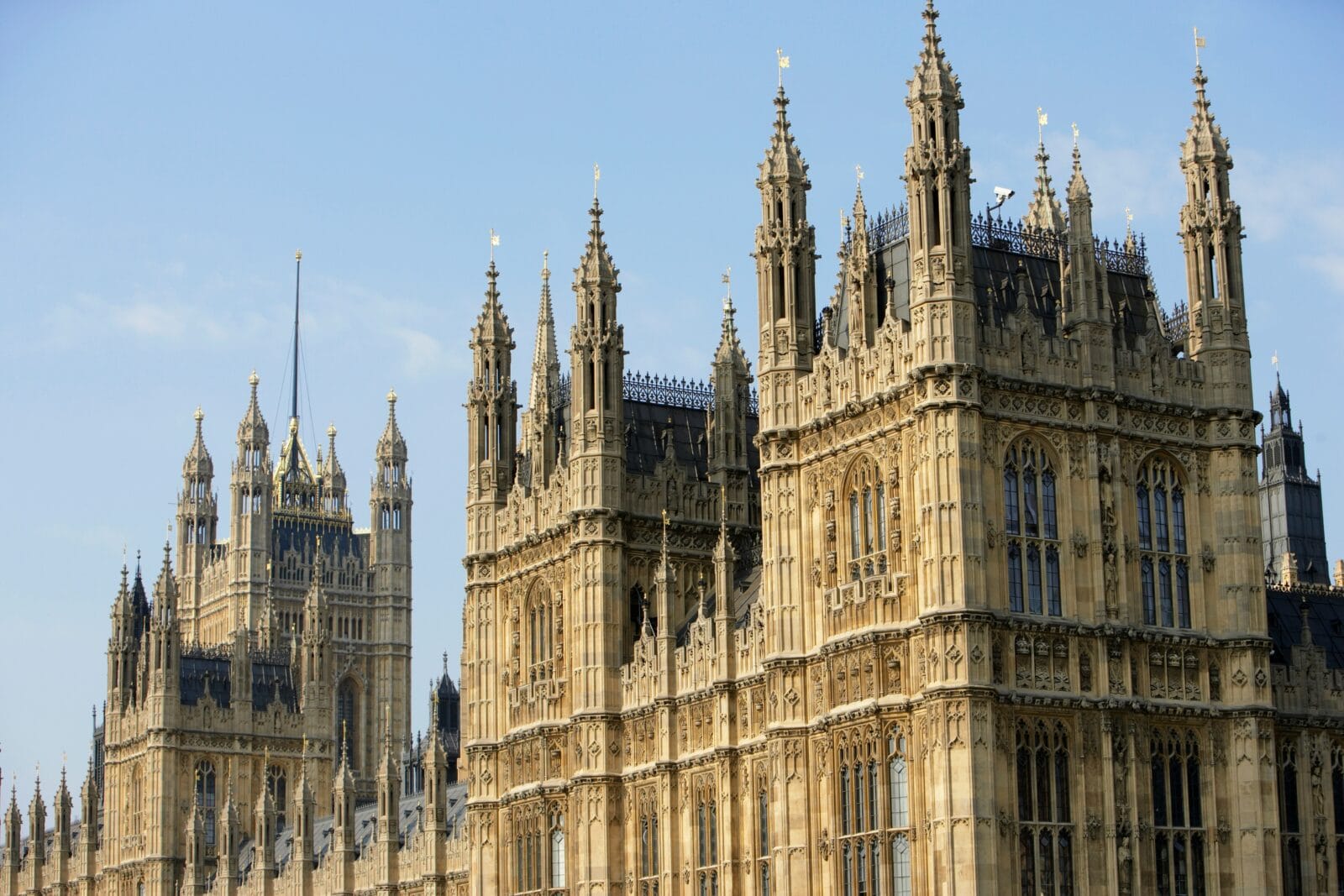The government yesterday launched the third review of the state pension age (source: Third State Pension age review | GOV.UK). Required by the Pensions Act 2014, the review led by Dr Suzy Morrissey will consider whether the rules around pensionable age are appropriate based on the latest life expectancy data and other evidence.
Rachel Vahey, head of public policy at AJ Bell, comments:
“An increase to state pension age from 66 to 67 is already slated to happen between 2026 and 2028. But it’s less clear what will happen after that.
There is also an increase to age 68 pencilled in for 2046, but a faster increase is definitely on the cards. The first two reviews of the state pension age advocated bringing this forward, but successive governments have treated the issue like a hot potato.
This latest state pension age review, however, may eventually force the government’s hand.
State pension benefits are one of the single biggest expenses for the Treasury and account for more than 80% of the £175 billion pensioner welfare bill. Without policy intervention, state pension costs are set to spiral to nearly 8% of GDP over the next 50 years based on the current trajectory, up from 5.2% today.
The second state pension age review in 2023 recommended that the increase to 68 should be introduced between 2041 and 2043 to help reduce costs, although the government under Rishi Sunak opted not to commit to that timetable.
However, the new Labour government may feel it needs to consider the rise to age 68 more closely, particularly if it wants to demonstrate steps toward long-term fiscal prudence.”
Source: Pensioners’ Incomes: financial years ending 1995 to 2024 | GOV.UK
What will the third state pension age review look at?
“The new state pension age review will look at key factors such as linking state pension age to life expectancy, its fairness between generations, as well as its role in ensuring the state pension’s long-term sustainability.
“An ageing population places an increasing burden on taxpayers, with state pension costs rising and fewer working age taxpayers to cover the cost. Future governments will hope that an improved economy and growing tax receipts will help alleviate some of the pressure. But that can’t be guaranteed and there needs to a be a credible plan for maintaining affordability.
“One option is to raise the state pension age higher and faster than currently planned. Although the elephant in the room is that state pension age is just one lever government has to help manage the cost of the state pension – the other is reforming the triple lock.”
Triple lock under threat?
“For over a decade, debate about the state pension has centred on maintaining the triple lock guarantee, now totemic of government support for maintaining pensioners’ living standards. Making changes to state pensions is a notoriously fraught endeavour, and Labour has already committed to keeping the triple lock during this parliament.
“However, if the state pension age review calls for the state pension age timetable to be accelerated, that could provide some cover for future governments to look at reforming the triple lock in order to avert ever more dramatic rises in state pension age.
“Figures included in the last state pension age review illustrate how alternatives for increasing the state pension could help manage costs.”
Previous age increases
“If the review recommends bringing forward an increase to age 68 to the mid-2030s, the government will need to step carefully.
“Bad memories of accelerating the increase from age 65 to age 66 linger on in the UK psyche. The government will need to give Brits enough advance warning to make plans for their retirement. Bringing forward the increase to the mid-2030s will mean those born in the early 1970s will have to find from their private savings the equivalent to an additional year of state pension if they want to retire at the same time on the same income.
“Past experience shows it will be essential for the government to sing – loudly and clearly – from the rooftops about any rises in state pension age. Everyone should know their state pension age, or we risk people not adequately planning for their retirement.”
What to do if your state pension age changes
“For those planning ahead, it is important not to panic. Any changes to state pension age will be phased in over time so this won’t change your plans if you’re retiring in the near future.
“However, it does illustrate that relying on the state pension alone for your retirement income is risky. The state pension, now worth close to £12,000 a year, is extremely valuable. If you’re forced to wait a year or two to claim it, you’ll either need to work longer or find tens of thousands of pounds extra from your pension and private savings to plug the gap.
“Many people will feel they don’t want to work until their late 60s, and many will feel it’s physically impossible for them to do so, especially those with labour-intensive jobs.
“While some people will be able to manage by leaning on other savings, downsizing to free up cash, or moving into another job, possibly part-time, as retirement approaches, the best way to give yourself freedom to retire on your own terms is to build up your private pension pot.
“So-called ‘normal minimum pension age’ determines when you can access your private pension pot. While that will rise to 57 in the next few years, and may rise again to keep it within ten years of state pension age, it is the best way to give yourself the financial means to retire in your early 60s before your state pension kicks in.
“The best way to boost your pension is to increase contributions, taking maximum advantage of any employer matching and tax relief on offer. Consolidating your private pension pots together will also help you get control of your money, potentially reduce fees to boost returns, and allow you to plan ahead.”
Background to the first two state pension age reviews
The state pension age is legislated to gradually increase from 67 to 68 between 2044 and 2046. However, The Pensions Act 2014 requires the government to regularly review the state pension age.
The first review, conducted by John Cridland, was carried out between 2016 to 2017. His final report recommended that the increase to age 68 should happen between 2037 and 2039, so that the proportion of adult life spent in retirement would keep roughly constant at 32.87%. Despite initially accepting this key recommendation, the government later said it would carry out a further review before bringing forward the rise in state pension age to 68.
The second review was carried out between 2021 and 2023, against a background of less positive improvements to life expectancy, compared to the previous review.
Baroness Neville-Rolfe concluded that people should expect to spend 31% of their adult life over state pension age, and based on that, the state pension age should rise to 68 between 2041 and 2043.
Instead of accepting this recommendation, the government proposed a further review to report within two years of the beginning of the next Parliament to consider all options for the rise to the state pension age to 68 that meet giving people ten years’ notice of any changes. This is the review Dr Suzy Morrissey will lead.
Who is affected by the rise in the state pension age to 68?
| Increase in state pension age to 67 between 2026 and 2028 | |||
| Date of birth | State pension age | ||
| Born before 6 April 1960 | 66 | ||
| Born between 6 April 1960 and 5 April 1961 | Between 66 and 67 | ||
| Born on or after 6 April 1961 | 67 | ||
| Pensions Act 2007: If the state pension age rises to 68 between 2044 to 2046 | |||
| Date of birth | State pension age | ||
| Born before 6 April 1977 | 67 | ||
| Born between 6 April 1977 and 5 April 1978 | Between 67 and 68 | ||
| Born on or after 6 April 1978 | 68 | ||
| Cridland Review: If the state pension age rises to 68 between 2037 to 2039 | |||
| Date of birth | State pension age | ||
| Born before 6 April 1970 | 67 | ||
| Born between 6 April 1970 and 5 April 1971 | Between 67 and 68 | ||
| Born on or after 6 April 1971 | 68 | ||
Example:
Steve was born in June 1973. Up to now his state pension age has been 67 (in June 2040). However, if the state pension age increase to 68 is brought forward to between 2037 and 2039, as recommended by the Cridland Review, he will start to receive his state pension from June 2041.
If Steve wants to continue to retire in June 2040 on the same income, he will need an additional £17,340 to cover his missing year of state pension (assuming the state pension of £11,973 increases by 2.5% a year between 2025 and 2040).
If he invests just under £9,630 today in a SIPP, this will grow to a fund of around £17,340 by 2040, assuming an investment return of 4% a year after charges. A quarter of the final fund can be taken tax free.









![[uns] house of commons, parliament](https://ifamagazine.com/wp-content/uploads/wordpress-popular-posts/788182-featured-300x200.webp)





